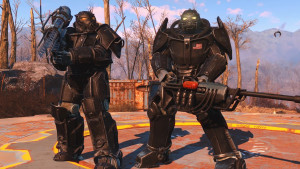Please support Game Informer. Print magazine subscriptions are less than $2 per issue
The Virtual Life – Celebrating The Stubbornness And Complexity Of L.A. Noire

Warning: Minor Spoilers For L.A. Noire Ahead.
L.A. Noire released in the summer of 2011. I was just starting to dip my toe back into video games after being away for years. My brother and I went 50/50 on a copy of Team Bondi's ambitious open-world game and then spent a week playing through it. I distinctly remember not liking the game at all my first time through. It was clunky. I didn't like that I couldn't run over pedestrians or the skew toward detective work over shooting. And I especially didn't like protagonist Cole Phelps, an unlikeable boy scout-type drowning in self-righteousness. That said, I did fall in love with exploring Bondi's presentation of the infamous city, examining everyone and their routines, and soaking in the atmosphere. But for 21-year old me, who craved shooting digital bad guy after bad guy, I found the whole experience to be pretty dull and disappointing.
SMASH CUT to three years later. I'm in grad school. I've become a much more patient person and have started playing games that fall out of the shooter/action/RPG mold. I've even started writing about games on the internet for some reason (because I'm a fool). I decide to give L.A. Noire another whirl. Why? Because I'm in grad school and L.A. Noire is three bucks. What else am I going to do?
For my replay, I took my time with the game instead of trying to blast through it in a week. L.A. Noire's focus on presenting missions as cases makes this particularly easy. I'd solve a single case, put down the game for today in order to play something else or do my studies, and then come back to it later. I spent two months playing through L.A. Noire, which is ridiculously long, and found myself falling in love with all the qualities I had hated years earlier. Except for the likes of Nier: Automata and Dark Souls, there is perhaps no AAA game I've ever played that makes such stiff demands of its player in the pursuit of artistic vision and is unapologetic about it.
Despite being published by Rockstar and sharing many qualities with Grand Theft Auto, L.A. Noire refuses to let its players go off the rails. You can't mow down civilians with machine-gun fire or rough up suspects just because you want to. Team Bondi forces its players to abide by the rules of the experience it created, respecting the player enough to trust them to rein in their id and become Cole Phelps. This is a bold move made even bolder by just how unlikeable the character is.

Let's be plain about it: Cole Phelps kind of sucks. He's a dullard, a hypocrite, a sham of a war veteran, a sham of a person. The story of Cole Phelps isn't the story of other similar protagonists in the noir genre. He is not a the typical good man 'brought low' by the vices of Hollywood, by women, by booze, by drugs. Revelations of his time as a soldier during World War II reveal that Phelps is not only a coward, but that he ended up getting countless civilians killed during the Battle of Okinawa. This twist changes Phelps from a Sam Spade type – grizzled but honorable – to someone who's just a fumbling coward putting on a big show during the course of the game. However, from this arc Phelps eventually emerges as someone who's actually looking for redemption and is willing (and does) pay a high cost to try and earn it. Whether he succeeds is up to the player and not in the sense that the player can make Phelps' do things that result in society's view of him at the end of the game. Instead, Team Bondi wisely trusts the player to make their own judgements of who Cole Phelps is.
It would have been enough, and perhaps financial boon, for L.A. Noire to loosely adopt the mantras of its influences and not lovingly live by them. To let people play as gumshoe knock-off from a Chandler or Hammett novel instead of a deeply troubled character, allowing them to go on murderous rampages across LA or do side quests like fetching things for movie starlets when they're not solving cases or stopping muggings. And perhaps that those non-police related missions aren't in there is more about scope than artistic choice. However in the end the result is the same: L.A. Noire is mature in a way that was uncommon in 2011, in its expectations of the player to try and understand what the game was going for, that this wasn't just a sandbox to run amuck in, but instead a world and a heart wrenching story about sin and the toil of redemption for players to inhabit.
L.A. Noire didn't gets its due, with Team Bondi shortly folding after release, when it came out because it was rough, but it was also a game ahead of its time and one that still feels bold years later. If you haven't played it yourself, and have patience for an experience that might be just a little too long for its own good, you should consider checking it out when it comes to Switch/PS4/and Xbox One in November (or just play the non-enhanced edition on PC/PS3/Xbox 360).
For more on L.A. Noire, you can read our review.













